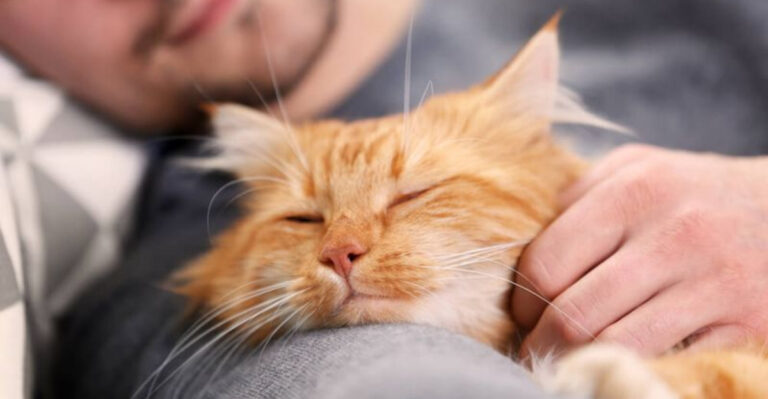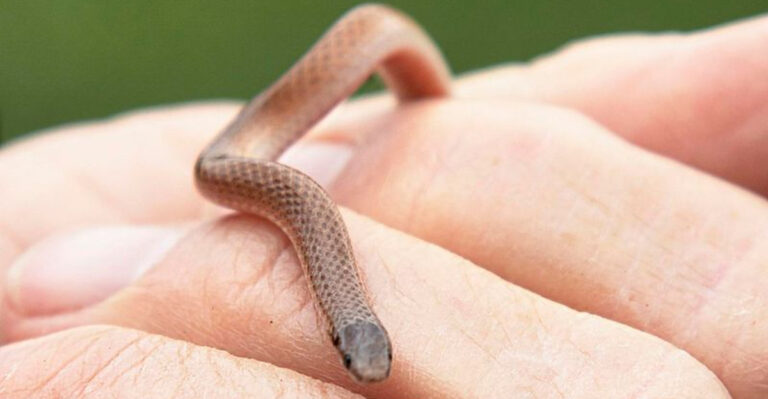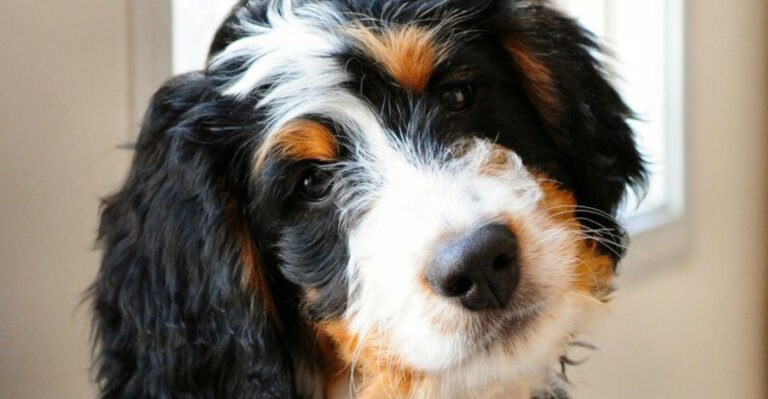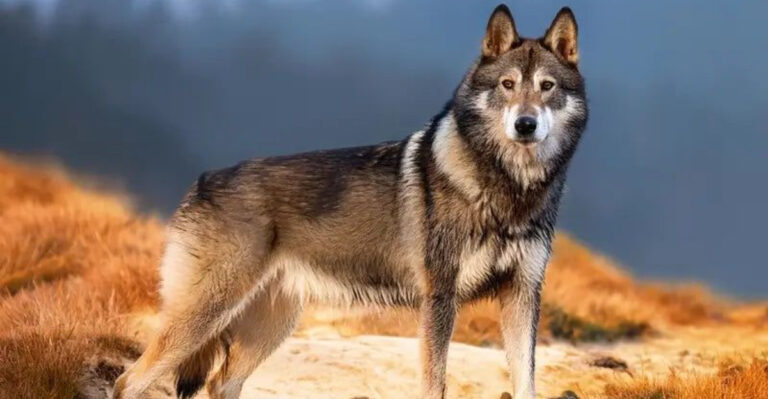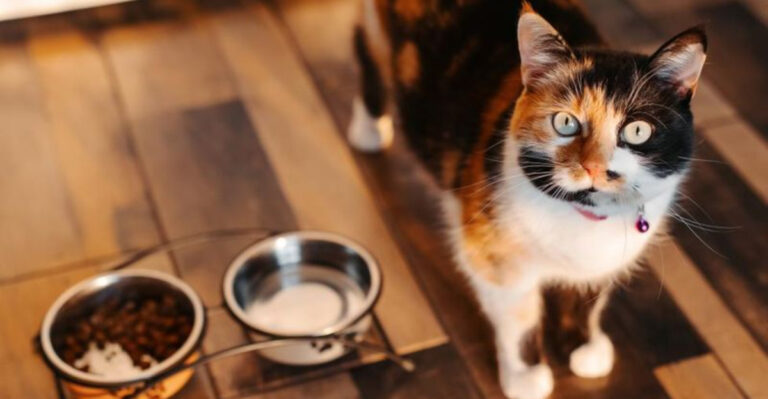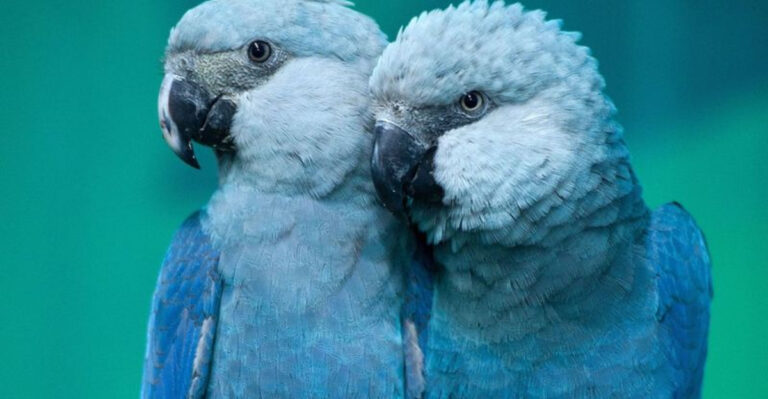10 Cat Breeds Seniors Regret Adopting (And What To Get Instead)
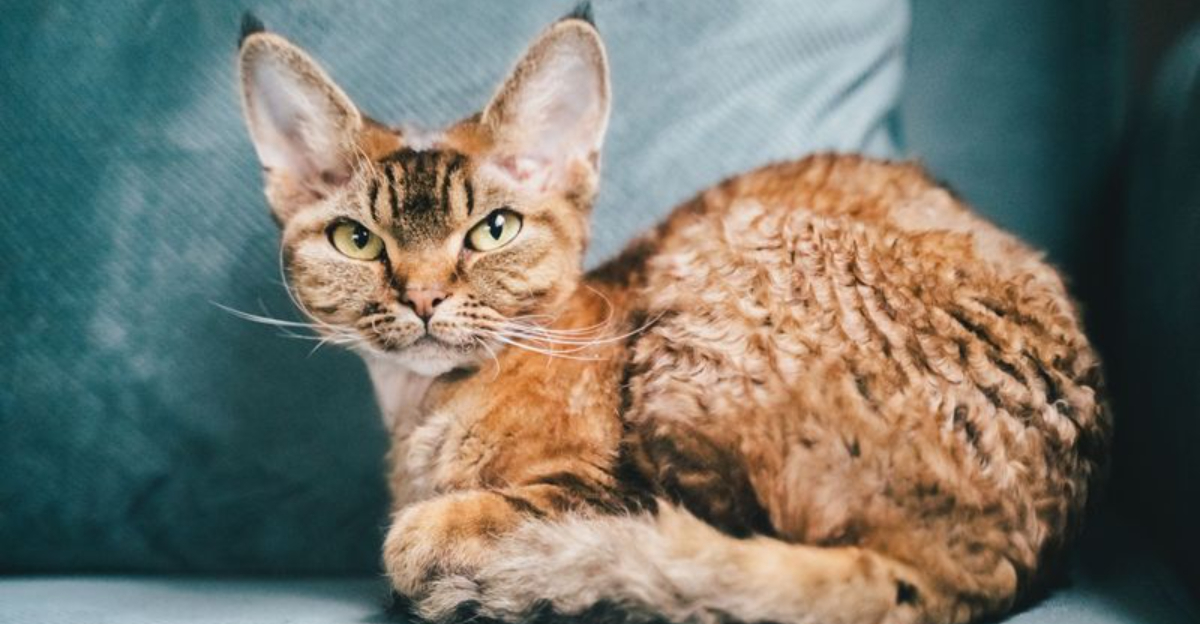
Choosing the right feline companion during your golden years requires thoughtful consideration beyond just those adorable whiskers. Some cat breeds, while wonderful for younger owners, can present unexpected challenges for seniors due to their energy levels, maintenance needs, or temperament.
Let’s explore which cat breeds might not be the best match for older adults and discover some purr-fect alternatives that offer companionship without the complications.
1. Bengal
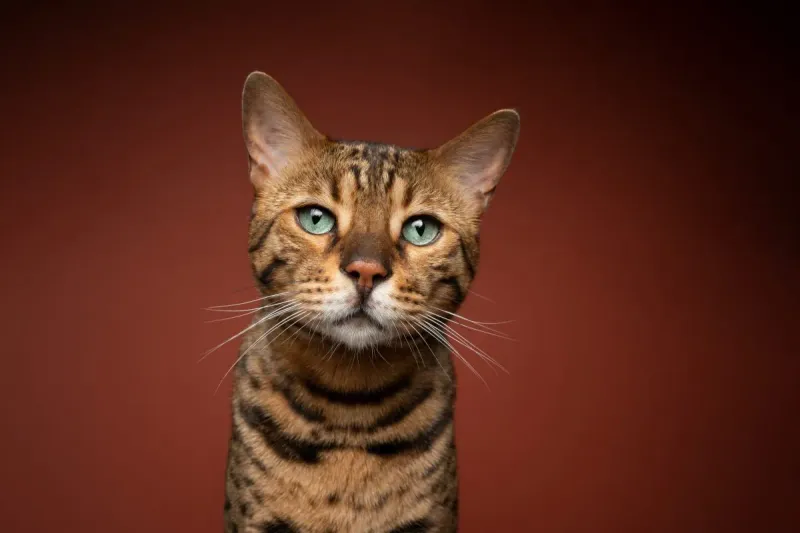
Ever tried keeping up with an Olympic athlete? That’s daily life with a Bengal cat. These wild-looking felines need constant stimulation and interactive play sessions that can be physically taxing.
Their tendency to climb everything in sight (including curtains and bookshelves) creates safety concerns for seniors with mobility issues. Many older owners find themselves overwhelmed by their boundless energy and mischievous antics.
2. Abyssinian
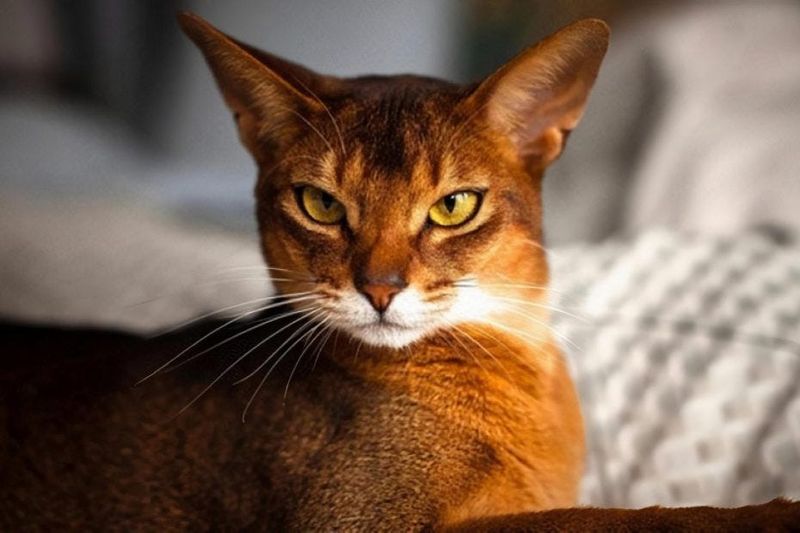
Known as the “clowns of the cat world,” Abyssinians rarely sit still long enough for a proper cuddle. Their perpetual motion can become exhausting for seniors seeking a calm companion.
These cats demand daily interactive play and mental challenges to prevent destructive behaviors. Without adequate stimulation, they’ve been known to create their own entertainment by knocking items off shelves or opening cabinets—not ideal for seniors with carefully arranged homes.
3. Siamese

Famous for their striking blue eyes and distinctive coloring, Siamese cats come with an unexpected feature—an extremely loud voice they’re not afraid to use. Their constant commentary can disrupt sleep and quiet time.
Beyond the noise factor, these cats form intense attachments to their owners, often following them everywhere and demanding attention. Many seniors report feeling overwhelmed by their neediness and inability to enjoy peaceful moments alone.
4. Maine Coon

Weighing up to 25 pounds, these gentle giants present physical challenges for seniors during grooming, lifting, or vet visits. Their massive size means equally substantial litter box deposits that require frequent cleaning.
While loving and laid-back, Maine Coons need regular brushing to prevent painful mats in their thick coats. Many older owners find themselves unable to manage these maintenance requirements, leading to health issues and costly groomer appointments.
5. Persian

Behind that adorable flat face lies a mountain of grooming needs. Persian cats require daily brushing to prevent painful mats and tangles in their luxurious coats.
Their facial structure creates ongoing health concerns including breathing difficulties and excessive tearing that stains their fur. Many seniors find the constant cleaning, grooming, and vet visits too demanding, especially as their own dexterity decreases with age.
6. Savannah

Part domestic cat, part African serval—all energy! These exotic-looking felines come with price tags reaching thousands of dollars, but the real cost is in their wild behavior.
Savannahs can jump over 8 feet high, open doors, and require specialized diets. Their intelligence becomes problematic when bored, leading to escaped cats and destroyed belongings. Many seniors report feeling more like zookeepers than pet owners with these demanding hybrid cats.
7. Sphynx

Hairless doesn’t mean maintenance-free! Sphynx cats require weekly baths to remove body oils that would normally be absorbed by fur. Their lack of protective coating makes them extremely vulnerable to sunburn and cold.
Owners must invest in special sweaters, heated beds, and sunscreen. Their higher metabolism means they eat significantly more than other cats, creating an ongoing expense many seniors on fixed incomes find burdensome.
8. Scottish Fold

Those adorable folded ears come with a serious genetic downside—painful joint and cartilage problems. Scottish Folds often develop arthritis at young ages, requiring medication and specialized care.
Their health issues typically worsen over time, leading to difficult mobility and discomfort. Many seniors report heartbreak watching their beloved pet suffer, along with unexpected veterinary expenses that can strain fixed retirement incomes.
9. Oriental Shorthair
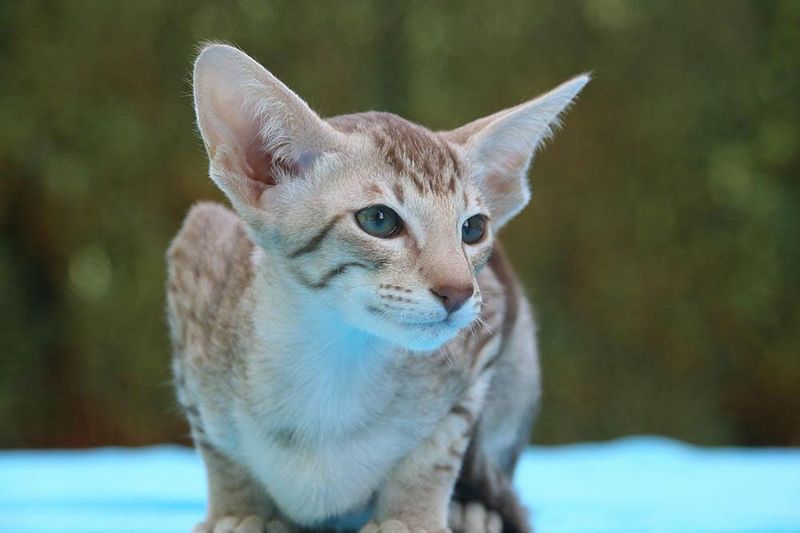
Imagine having a shadow that meows constantly—that’s life with an Oriental Shorthair. These intelligent cats become deeply attached to their owners, often refusing to let them out of sight.
Their extreme neediness can make simple tasks like using the bathroom alone impossible. Many seniors find their demanding nature and separation anxiety exhausting, especially when the cats express displeasure through loud vocalizations or destructive behavior when left alone.
10. Devon Rex

Behind those oversized ears and mischievous eyes lurks a natural-born climber with a knack for reaching impossible heights. Devon Rex cats combine fragility with fearlessness—a concerning combination for senior owners.
Their thin coats make them susceptible to cold, requiring heated beds and sometimes even clothing. Many older adults report constant worry about these delicate daredevils getting injured during their acrobatic adventures or developing health issues from their genetic predispositions.
11. Ragdoll

Unlike their high-maintenance counterparts, Ragdolls offer companionship without chaos. These blue-eyed beauties are known for their docile, almost dog-like tendency to follow owners calmly around the home.
Their semi-long fur requires only weekly brushing, making grooming manageable even with arthritis. Many seniors appreciate their quiet voices and tendency to adapt to slower lifestyles, often content to simply lounge nearby as peaceful companions.
12. British Shorthair

Round-faced and plush-coated, British Shorthairs offer independence without neediness. These sturdy cats rarely climb curtains or race across furniture, preferring dignified lounging in sunbeams.
Their self-sufficient nature means they’re content with moderate play and don’t demand constant attention. Seniors report appreciating their easygoing personalities and minimal grooming needs—their dense coats require just weekly brushing to keep shedding manageable.
13. Russian Blue

For seniors seeking peace and quiet, Russian Blues offer silent companionship with their naturally soft voices used sparingly. These silver-coated beauties shed minimally and groom themselves meticulously.
While initially reserved with strangers, they form deep bonds with their owners without becoming clingy. Many older adults appreciate their gentle nature around mobility aids and tendency to adapt to routine changes without stress—important qualities when medical appointments or family visits disrupt normal schedules.
14. Domestic Shorthair

Skip the purebred problems altogether! Shelter-adopted domestic shorthairs often come with known personalities and medical histories, allowing seniors to choose adult cats whose temperaments already match their lifestyles.
These everyday cats typically have fewer genetic health issues than purebreds and more moderate energy levels. Many older adopters report satisfaction in giving second chances to middle-aged or senior cats, who often show immense gratitude through gentle affection and calm companionship.

